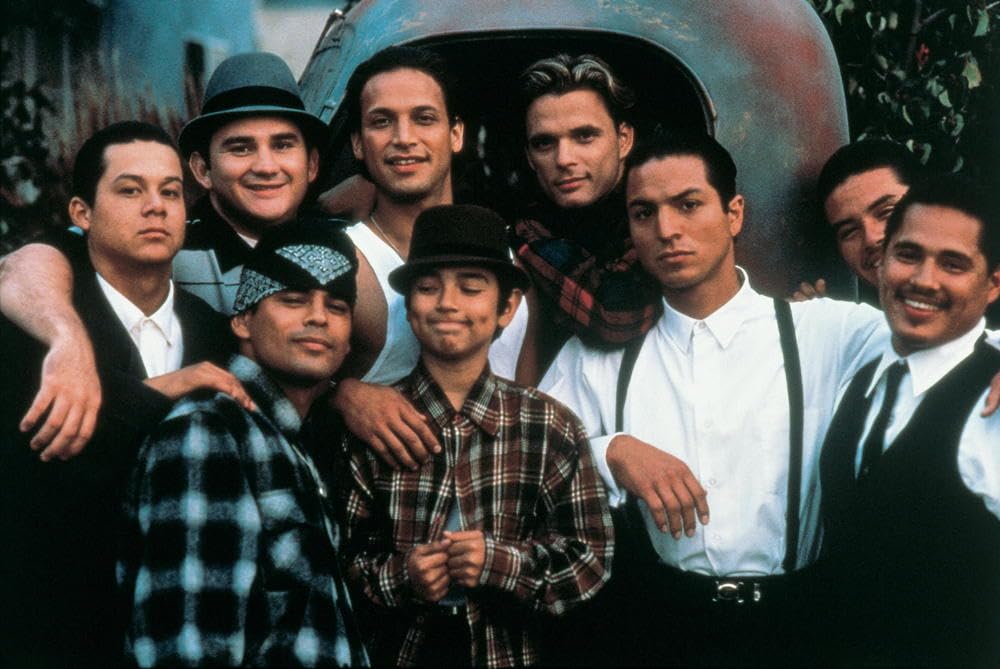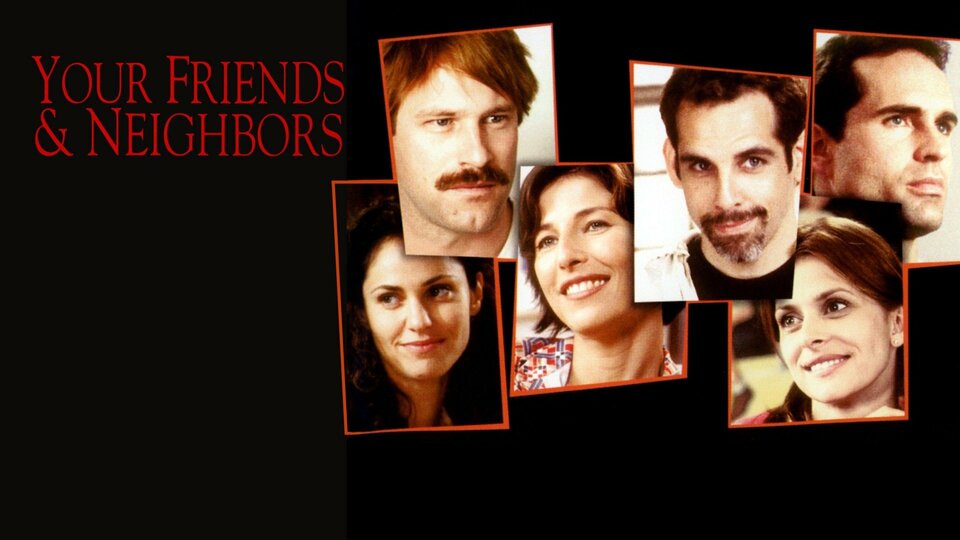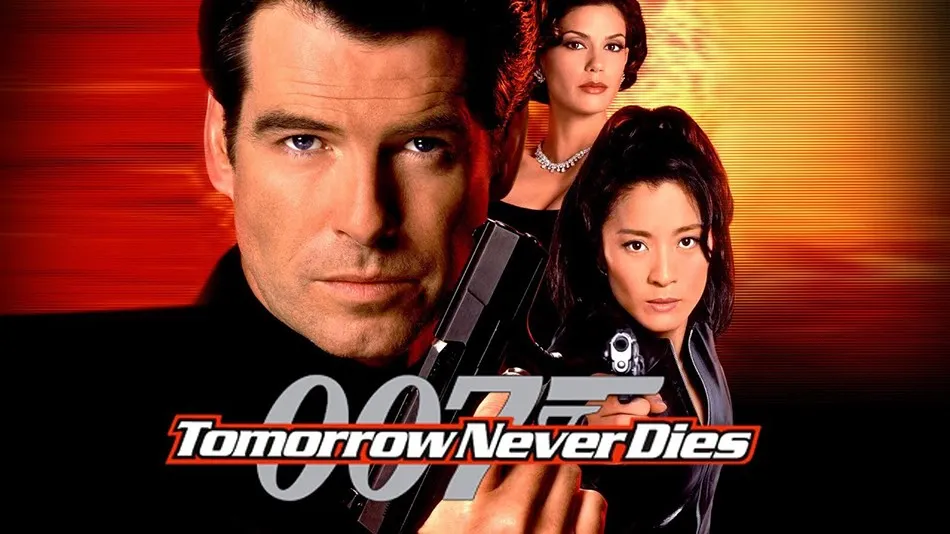Blood In Blood Out: A Gritty Exploration of Brotherhood and Identity
Blood In Blood Out, also known as Bound by Honor, is a powerful 1993 crime drama directed by Taylor Hackford. Set in East Los Angeles during the late 1970s and early 1980s, the film explores themes of identity, loyalty, and the complexities of cultural heritage through the lives of three Chicano cousins whose paths diverge dramatically as they navigate the harsh realities of gang life, family, and self-discovery.
The story revolves around Miklo Velka, a half-Anglo, half-Mexican young man who struggles to find acceptance in his Chicano heritage. After participating in a violent crime, Miklo is sent to San Quentin prison, where he becomes involved with La Onda, a powerful prison gang. As Miklo rises through the ranks of the prison’s criminal hierarchy, he is increasingly consumed by violence and power. Meanwhile, his cousin Cruz Candelaria, a talented artist, seeks to escape the cycle of crime through his art, but is eventually brought down by drug addiction and personal tragedy. The third cousin, Paco Aguilar, joins the military and later becomes a police officer, struggling with guilt and inner conflict as he enforces the very laws that put Miklo behind bars.

The film’s central theme is the tension between cultural pride and the destructive force of gang affiliation. It delves into the idea of being “blood in, blood out”—the concept that once you enter a gang, the only way out is through death. This notion haunts the characters as they attempt to break free from their violent environments. Despite their different choices, each cousin is bound to the others by family, history, and shared trauma. The film’s depiction of prison life, street violence, and systemic inequality is brutally honest, offering a rare and unfiltered look at the struggles within marginalized communities.
Blood In Blood Out stands out not only for its gritty storytelling but also for its cultural significance. It was one of the first films to deeply portray Chicano identity on such a scale, highlighting both pride and pain within the Mexican-American experience. The movie’s dialogue, filled with Spanglish and barrio slang, adds authenticity and emotional depth. Its cast, many of whom were lesser-known actors at the time, brought a raw realism that enhanced the film’s impact. Damian Chapa, Jesse Borrego, and Benjamin Bratt deliver memorable performances as Miklo, Cruz, and Paco, respectively, portraying the emotional weight of their choices and circumstances.

Though initially overlooked and even controversial due to its portrayal of gang violence, Blood In Blood Out has since gained a strong cult following. It is often praised for its unflinching honesty and its exploration of identity, family, and redemption. The film’s legacy continues to resonate, especially within Latino communities, as it captures the struggle between the desire for a better life and the forces that often stand in the way.
In conclusion, Blood In Blood Out is more than just a crime film—it is a tragic, layered story of three men bound by blood and fate. Through its intense narrative and cultural relevance, it remains a significant work of American cinema and a touchstone in Chicano film history.



